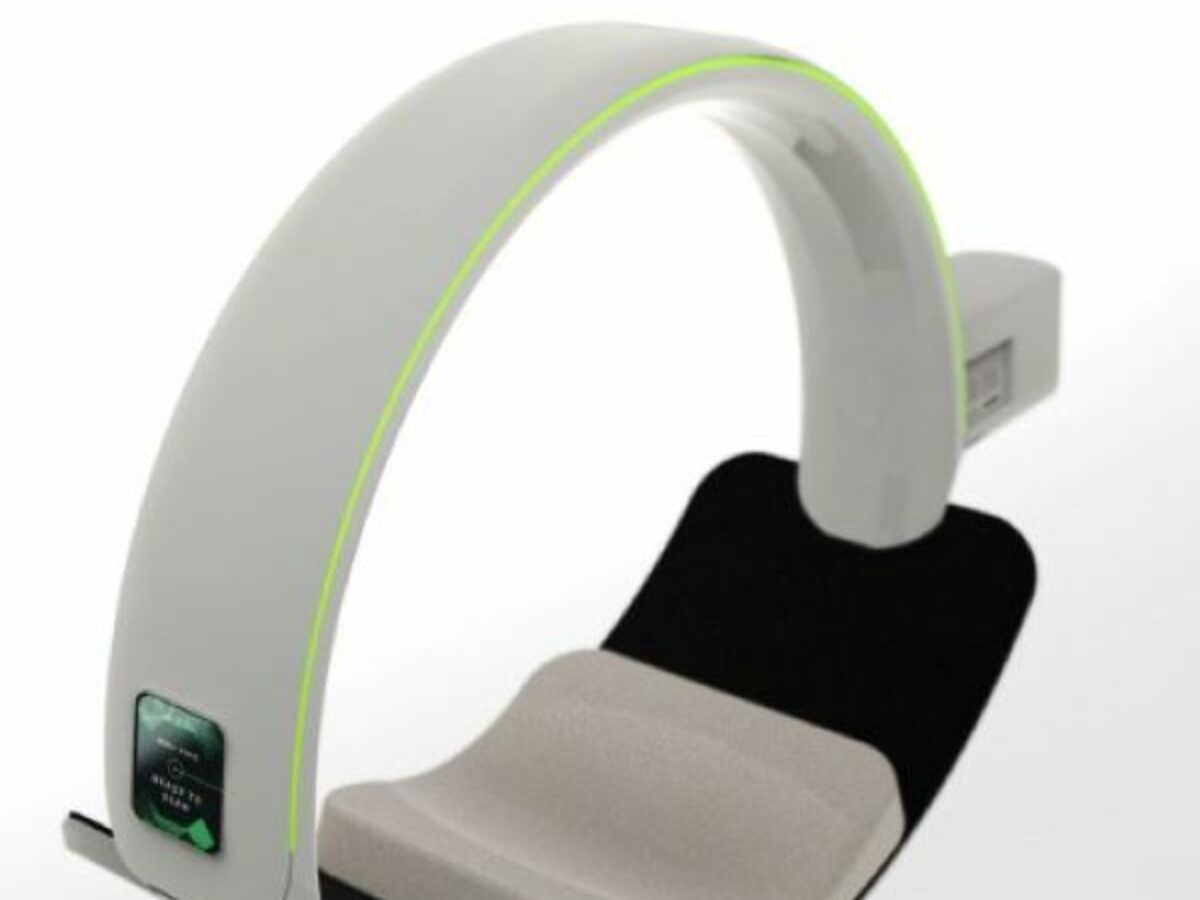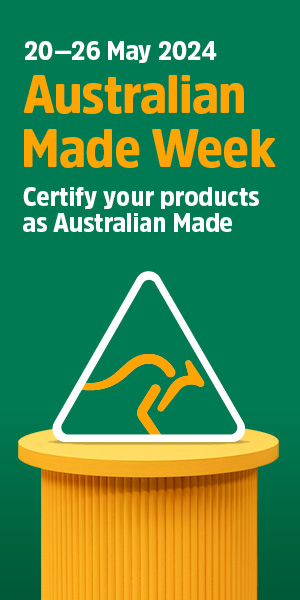Micro-X demonstrates micro-CT and passenger X-ray scanners

Cold cathode X-ray manufacturer Micro-X has demonstrated the micro-CT scanner for detecting strokes at the point of care, and passenger baggage scanner it is developing for the US Department of Homeland Security under a US$14 million contract.
The Adelaide company said delivery of the first fully functional prototype of the CT baggage scanner from its Seattle office, where it is undergoing final checks, to Homeland Security was ‘imminent’.
The scanner, which aims to speed up the simultaneous scanning of both passengers and baggage at airports, contains six specially designed X-ray tubes which – uniquely – generate X-rays from an array of carbon fibre nanotubes.
While a second prototype is expected to be ready in March or April, the company has given the public a taste of things to come, demonstrating a virtual reality experience of using the new airport scanner at the in Los Vegas Consumer Electronics Show.
According to the company: “Micro-X Checkpoints product gained international media coverage, including recognition as one of the most exciting new technology concepts at the trade show.”
Meanwhile the first images have been captured using the Micro-X NEX technology mini X-ray tubes that are at the heart of the point of care CT scanner.
“The mini tube was used to X-ray an anthropomorphic phantom skull successfully.
“This breakthrough in mini tube development triggered the final stage of milestone 5 from the Australian Stroke Alliance and a payment of $310,000.”
Micro-X is developing the system designed for ambulances and field hospitals for ASA under an $8 million contract.
Micro-X also told investors that it had received $3.7 million from customers for sales of its mobile X-ray machine in the December quarter – its best quarter yet.
Customers includes the Department of Defence and Australian government.
Picture: Micro-X/mini CT scanner for detecting strokes
@aumanufacturing Sections
Analysis and Commentary Awards Defence Manufacturing News Podcast Technology Videos










